When you come home to your pooch, it's difficult to resist the urge to give them a huge cuddle. We think we are showing them love and affection by holding them tightly in our arms, but as good as our intentions are, dogs may not enjoy it quite as much as we think they do. Maybe it's time we reconsider how we handle our dogs a little, and take their needs into consideration as much as our own. The news that dogs may not like being hugged will probably shock owners, who will refuse to believe Fido doesn't enjoy a big fat cuddle.
Why don't dogs enjoy hugs?
Imagine being engulfed by a giant who gives you a really big hug. Then imagine that giant wants to hug you without your permission several times a day. You are trapped in their arms for however long they choose to hold onto you, and you can't run away. This is a little insight into how some dogs might feel. They might love their owners, but that doesn't necessarily mean they loved being hugged by them. They feel uncomfortable because they can't escape or make a run for it.
Dr Stanley Coren wrote in an article in Psychology Today. Dogs are technically cursorial animals, which is a term that indicates that they are designed for swift running. That implies that in times of stress or threat the first line of defence that a dog uses is not his teeth, but rather his ability to run away. Behaviorists believe that depriving a dog of that course of action by immobilising him with a hug can increase his stress level and, if the dog's anxiety becomes significantly intense, he may bite.
The study
According to a recent study by Dr Stanley Coren, a well-known canine behaviourist and professor of psychology at the university of Columbia, dogs don't appear to like being hugged. The researchers looked at 250 pictures of dogs as they were being hugged, and shockingly, eight out of 10 animals looked visibly uncomfortable. Coren looked a pictures of dogs he found online being hugged by either children or adults and analysed them for signs of stress. Most people wouldn't notice anything about these pictures or see any signs that the dogs are uncomfortable. However, Coren is an expert with years of experience, so he can read dog's body language very well. People often assume that very clear signs such as showing their teeth, growling and biting are dogs showing they are uncomfortable, but these are on the extreme end of things. Many dogs can put up with a lot before they get to this stage. Coren noticed more subtle signs in the pictures that showed the dogs weren't too keen on being smothered. For example, this includes things like half-moon eyes, dogs turning their head away, raising a paw, avoiding eye contact and folding their ears down. Dogs who lick their lips, close their eyes or yawn could be feeling anxious. In 81. 6 per cent of the photographs, the dogs had at least one of these signs. That's a very high number, and it really says something about how the poor pooches are feeling. Just 10. 8 percent of the pictures showed dogs adopting a neutral or ambiguous stance. What's really surprising is that just 7. 6 percent of the photos showed dogs that were comfortable.
We treat our dogs like humans too much
One of the main reasons why dogs are fussed over too much and given perhaps more physical contact than they can deal with, is because we see them like humans. It's so easy to forget that dogs are animals and aren't exactly like us, especially when they feel like such a big part of the family. Experts at, and, also agreed that. Caroline Kisko, The Kennel Club from the Kennel Club explains that Dogs are often considered part of the family, however they are not human and may therefore react differently to certain interactions such as hugging.
Things to consider
Obviously this research doesn't apply to all dogs. There will be some owners who claim their dog loves a good cuddle, and they might be right, as all dogs are different. However, you might want to really pay attention to your dog's reaction when you or someone else hugs them to see whether they really are comfortable or not. Get someone else to watch you hug your dog (if it's safe to do so) and note down any signs of stress they see. The best thing you can do is ask a canine behaviourist, as they will be able to analyse your dog individually and give you some helpful recommendations. Coren says that The clear recommendation to come out of this research is to save your hugs for your two-footed family members and lovers. It is clearly better from the dog's point of view if you express your fondness for your pet with a pat, a kind word, and maybe a treat. 'Dogs may not like being hugged, but a lot of them love a good stroke. Following this research a few canine behaviourists have suggested a gentle stroke is a better alternative to a hug. Claire Matthews, Senior Canine Behaviourist at Battersea Dogs & Cats Home, says: A hug might be a normal social greeting for humans but it isn't for a dog. This research doesn't mean you should stop giving your dog physical love and attention, it should just make you more aware when doing it, and help you to decide whether or not it's the best thing for your beloved pooch. We might feel good when we hug our dogs, because we feel like we are expressing our love, but doing it just to make yourself feel better if your dog is clearly not happy is a little selfish.

